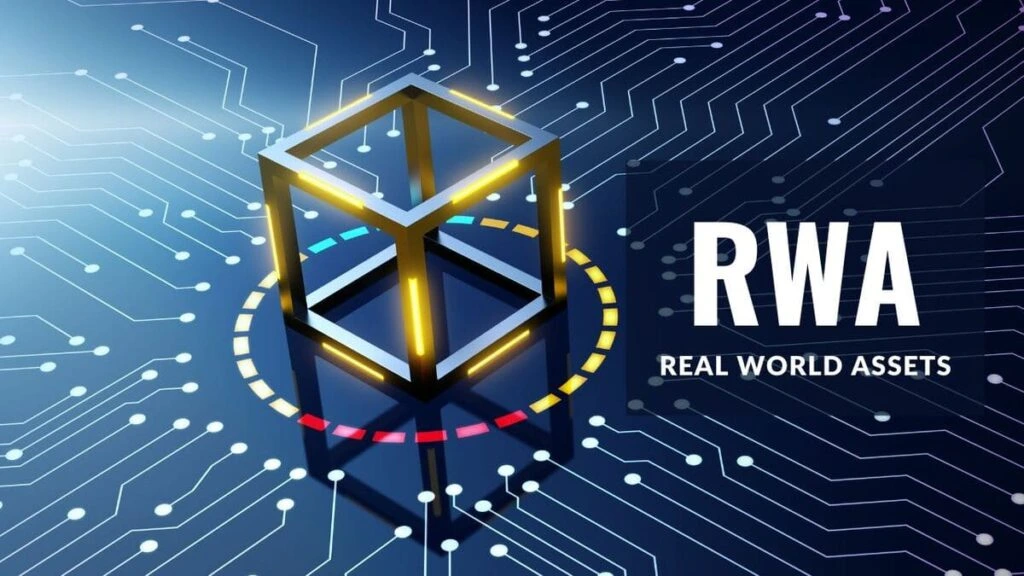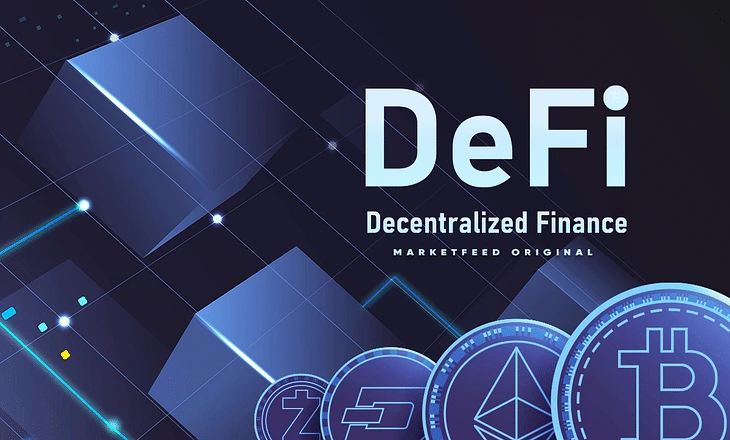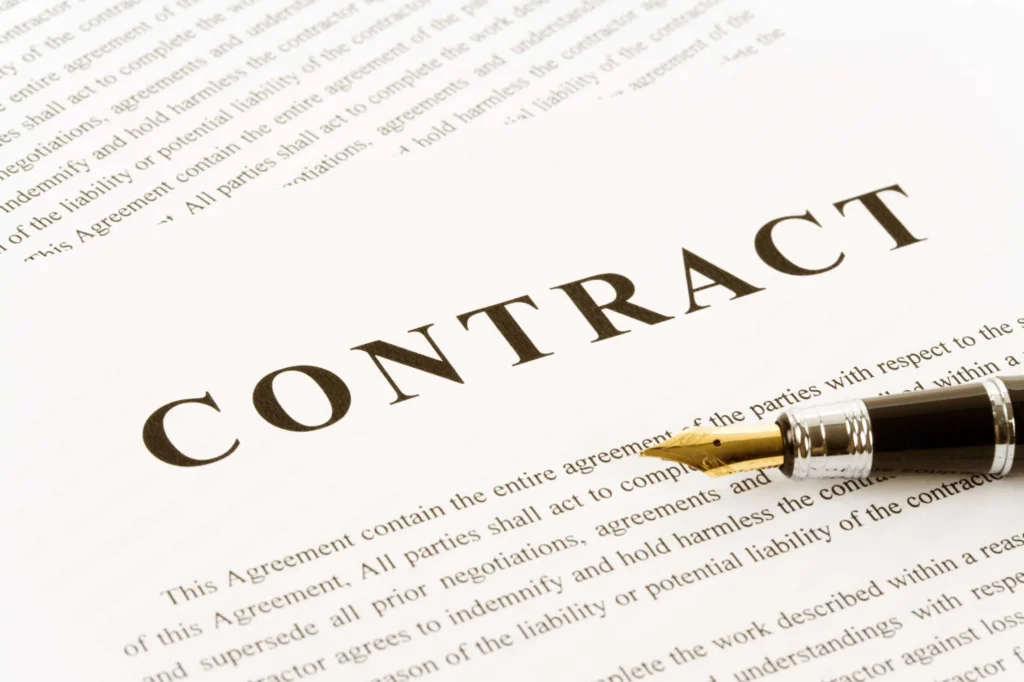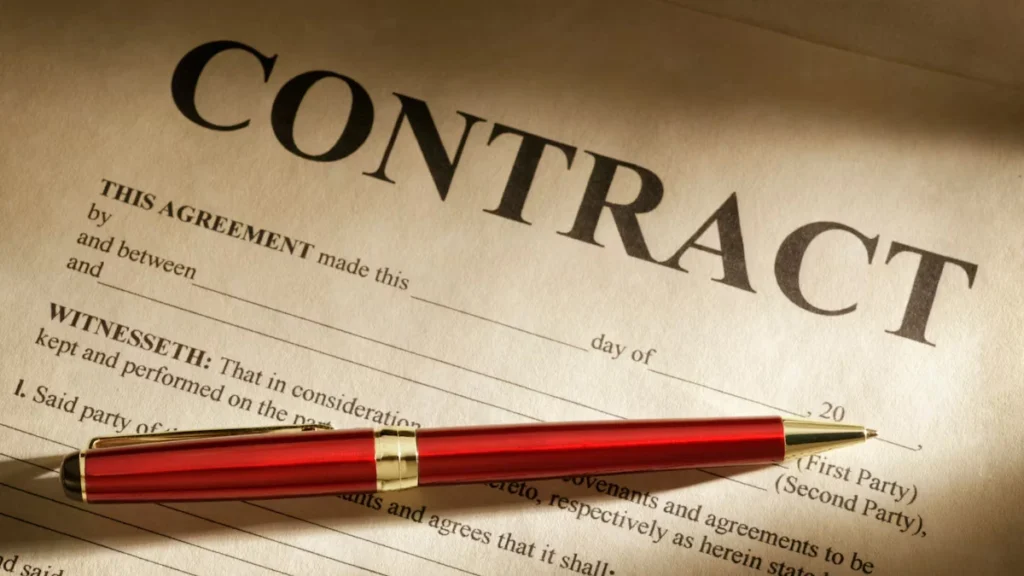What If Every Company Used Corporate RWA to Raise Capital?
What If Companies Rewrote the Rules of Fundraising?
Picture this: a company owns a fleet of delivery trucks, several commercial buildings, and millions in outstanding invoices. In a traditional world, they’d go to a bank, jump through hoops, wait weeks, and maybe—just maybe—walk out with a loan. But what if they didn’t need the bank at all? What if they could turn those trucks, buildings, and invoices into digital tokens—instantly verifiable, tradable, and usable as collateral—accessible to investors across the globe within hours? That’s the vision behind Corporate Real-World Assets (RWA).

What If Real-World Assets Could Talk to the Blockchain?
Let’s decode the jargon. RWAs—Real-World Assets—are the physical or contractual things companies already own: real estate, inventory, invoices, machinery. Now, imagine if these could be mirrored on the blockchain, as tokens representing their value.
That’s exactly what companies are starting to do. Corporate RWA is the process of tokenizing these real-world assets, enabling them to interact with digital finance ecosystems like DeFi (decentralized finance) or global capital markets.
So what happens when a company does this?
Instead of applying for a loan and waiting for a yes, they tokenize their assets and offer them as collateral in a decentralized protocol or private marketplace. Funds come in faster, terms are often clearer, and the reach? Global.


Corporate RWA : What If Tokenized Invoices Replaced Factoring?
Take this scenario: a logistics company is owed $5 million across 90-day invoices. Normally, they’d turn to a factoring firm, lose a chunk of their earnings, and wait for a check.
Now imagine if they tokenized those invoices—created a digital token representing each one—and offered them to decentralized lenders. Smart contracts would govern repayment, interest rates would be competitive, and investors could monitor performance in real time.
No intermediaries. Just code, capital, and control.


Corporate RWA : What If Entire Industries Switched Over?
Let’s stretch the thought further. What if specific sectors leaned into this model at scale?
- Real estate developers could tokenize properties, selling fractional ownership to fund new projects.
- Manufacturers might tokenize machinery to unlock working capital.
- Fintech startups could securitize loan portfolios and offer them directly to investors via on-chain markets.
These aren’t pipe dreams—they’re pilot projects already in motion. The companies doing this share a common trait: they’re capital-hungry, and they’re tired of legacy systems slowing them down.
What If It All Goes Wrong?
Of course, not every “what if” ends in utopia.
What if the token representing a $10 million property turns out to be legally unenforceable? What if smart contracts have bugs? What if the real-world asset loses value—or worse, disappears?
And what if regulations swing the other way? Some jurisdictions are warming up to tokenized finance. Others are still catching up—or cracking down. The legal landscape is evolving, but for now, it’s patchy at best.
Tech-wise, this ecosystem is still maturing. Token standards are evolving. Security risks are real. And no company should dive in without rock-solid legal and tech partners.

What If This Is the Future?
Despite the risks, one question lingers: what if this actually works?
Corporate RWA isn’t a silver bullet. But it is a compelling shift in how companies can think about liquidity. No more waiting. No more gatekeeping. Just capital flowing through programmable, transparent rails.
We’re in early innings. Many companies are just testing the waters. But if momentum continues, this could be the start of a financial rewrite—one where businesses don’t just play by the rules, they help reinvent them.
So the next time you hear about Corporate RWA, ask yourself: what if your favorite company raised its next round—not from a bank, but from the blockchain?
That future may be closer than you think.
Relevant Link : Here




